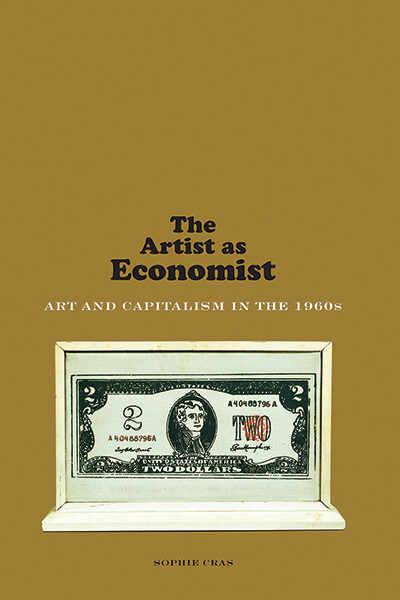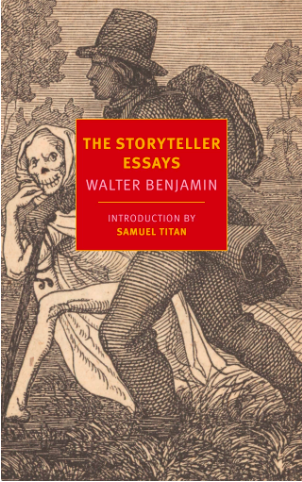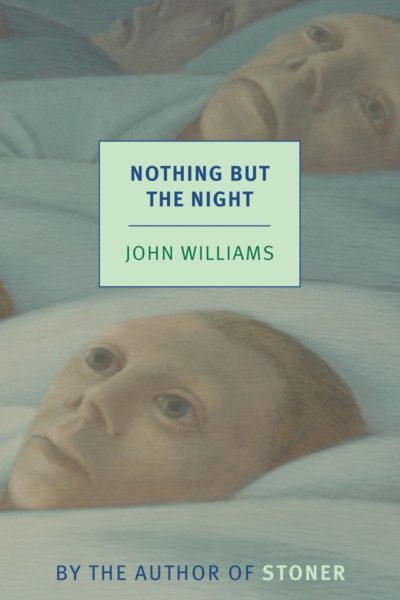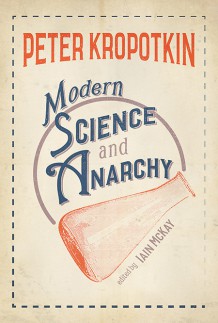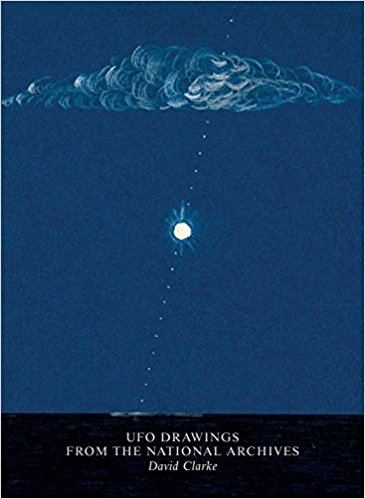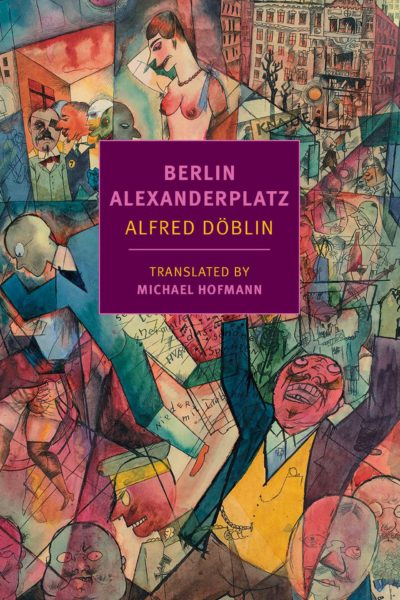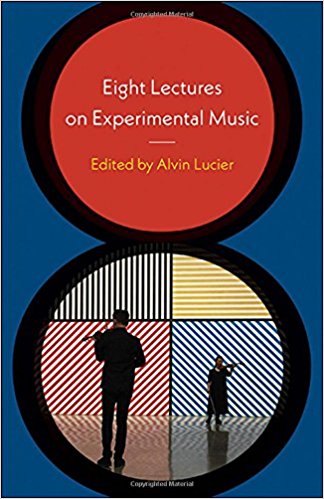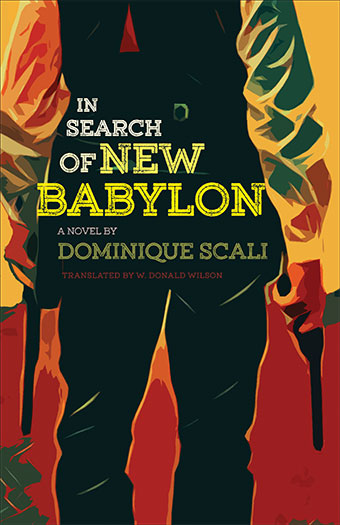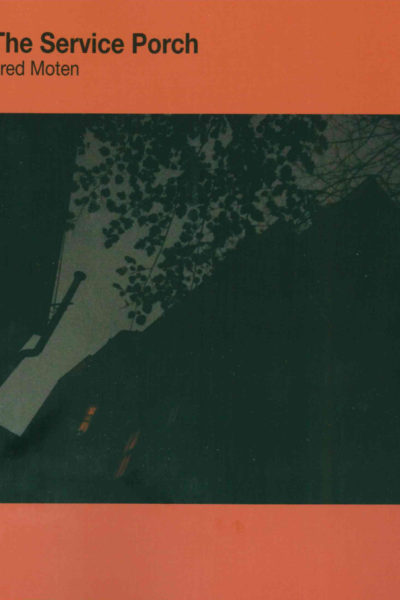The Artist as Economist: Art and Capitalism in the 1960s – Sophie Cras
Even as this text overtly laments the degree to which Marxist art criticism has focused too greatly upon the political underpinnings of the artwork (ideology critique), this study ultimately finds itself succumbing to its own third way politics.
The Storyteller Essays – Walter Benjamin
Stories rely on their iterability, extant within a system of circulation, mobile and memorable.
Nothing but the Night – John Williams
The last of Williams’s novels to be reissued, 1948’s NOTHING BUT THE NIGHT now marks the inevitable death knell of the Williams literary revival.
Modern Science and Anarchy – Peter Kropotkin
MODERN SCIENCE AND ANARCHY deserves to be read, if only to briefly inhabit the intoxication of Kropotkin’s hope.
UFO Drawings from the National Archives – David Clarke
Neither Mulder nor Scully nor us ever found joy in a narrative that offered us “the truth” since the “out there” was always more than enough.
Berlin Alexanderplatz – Alfred Döblin
It’s a work wherein that which is nascent only moves in a single, inevitable line, to onomatopoeic beats of the novel’s closing words, “widdeboom, widdeboom.”
Eight Lectures on Experimental Music – Ed. Alvin Lucier
While this elite benefaction may help to undergird the lucky artist’s work, it certainly does not offer a hell of a lot of relief to this lost listener who cannot afford their dietary staples.
In Search of New Babylon – Dominique Scali
This genealogy of American violence suggests the West as an extension of a mechanism long set in motion, always going to break in the singular, inevitable way it could have.
The Service Porch – Fred Moten
Moten’s poetry crafts a situation in which the melody stays hidden. He never plays the head of the composition, even if he alludes to the conceptual sphere of the movement.



